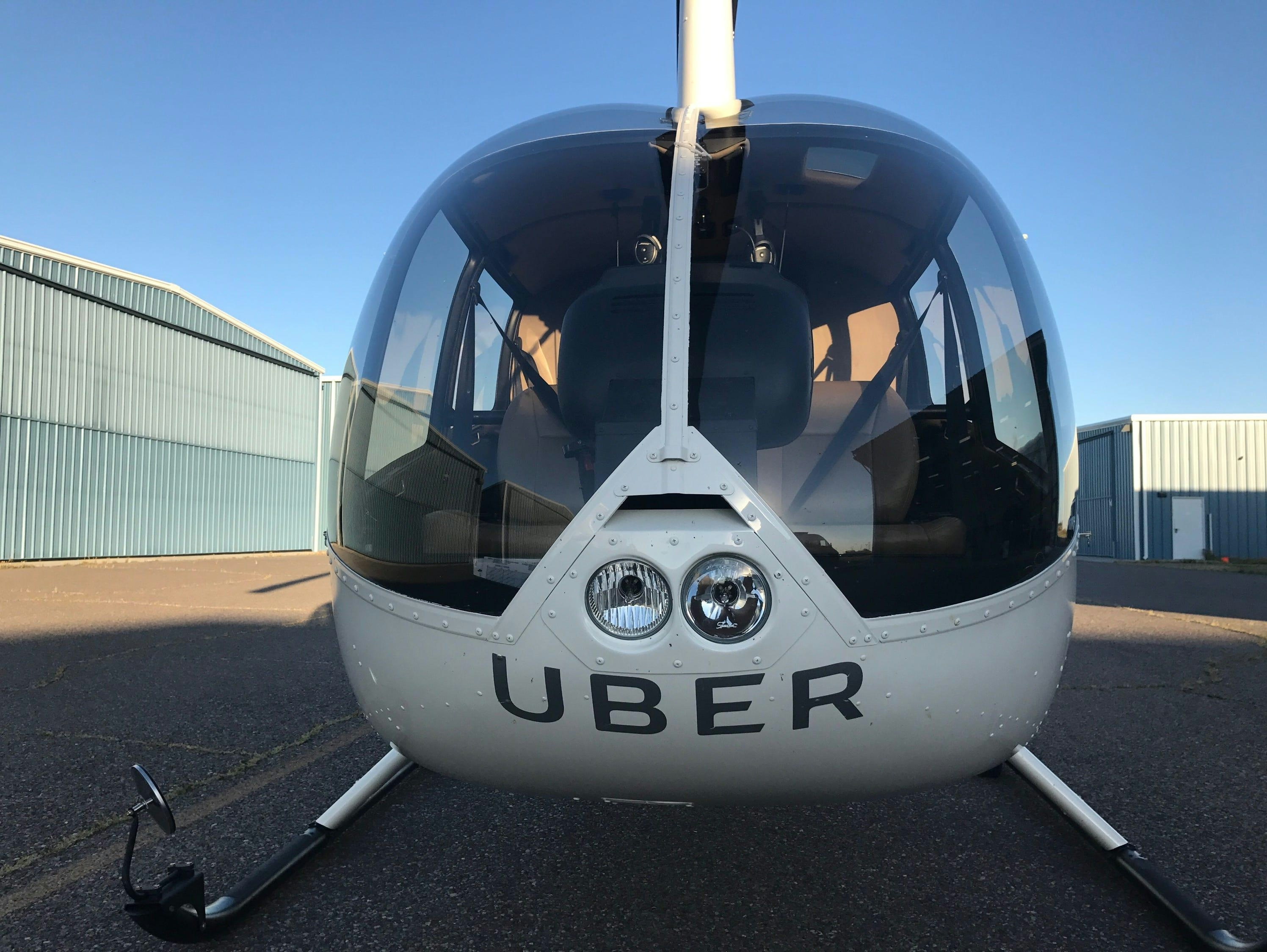AeroGenie — Votre copilote intelligent.
Tendances
Categories
Uber to Offer Helicopter Bookings Through Its App

Uber to Introduce Helicopter Bookings Through Its App
Uber is preparing to extend its ride-sharing services into the realm of urban air mobility by offering helicopter bookings via its app as early as next year. The San Francisco-based company announced a partnership with Joby Aviation, an electric air taxi manufacturer, to integrate helicopter flights into the Uber platform. This initiative marks a significant expansion of Uber’s transportation offerings, aiming to provide passengers with new options for navigating congested metropolitan areas.
Partnership with Joby Aviation and Blade Air Mobility
The collaboration builds on Joby Aviation’s recent $125 million acquisition of Blade Air Mobility, a company specializing in helicopter and seaplane operations in major cities. Through this partnership, passengers will be able to book helicopter flights directly through the Uber app in select urban centers worldwide. While specific launch locations and pricing details remain undisclosed, Blade currently offers flights between Manhattan and New York’s major airports—John F. Kennedy International and Newark Liberty International—at a fare of $195. Last year, Blade transported approximately 50,000 passengers across the New York metropolitan area and Southern Europe.
JoeBen Bevirt, founder and CEO of Joby Aviation, emphasized the strategic nature of the integration, stating that incorporating Blade into Uber’s app represents a natural progression in their global partnership. He highlighted that this collaboration will also pave the way for the future introduction of Joby’s quiet, zero-emissions aircraft.
Uber and Joby’s relationship dates back to 2019, when Joby acquired Uber’s Elevate division, which was focused on developing aerial ride-sharing services using electric vertical takeoff and landing (eVTOL) vehicles. This history underscores the companies’ shared vision of transforming urban transportation through innovative aerial solutions.
Challenges and Market Response
Despite the promising outlook, Uber’s venture into helicopter bookings faces considerable challenges. Regulatory approval for urban air mobility remains a complex and evolving process, with aviation authorities rigorously evaluating safety protocols and airspace management. The high operational costs associated with helicopter services, coupled with the need for specialized infrastructure such as vertiports, may limit the scalability and profitability of the offering. Furthermore, Uber will contend with competition from established aviation firms and other ride-sharing platforms that may pursue similar aerial service models.
Market reactions to Uber’s announcement have been mixed. Some investors view the move as a forward-thinking expansion that could unlock new revenue streams and position Uber at the forefront of innovative transportation. Conversely, others express caution regarding the financial risks and uncertainties inherent in launching a premium, capital-intensive service in a nascent market.
As Uber and Joby advance their plans to make helicopter bookings accessible to a broader audience, the transportation industry will closely monitor whether this ambitious initiative can successfully navigate regulatory, operational, and competitive obstacles to become a sustainable component of urban mobility.

Emirates Unveils Cabin Design for New Boeing 777X

Eighteen Years On, the Airbus A380 Remains Central to a $34 Billion Airline

How a boom in luxury airline seats is slowing down jet deliveries

Navitaire Outage Attributed to Planned Maintenance

DigiYatra Debuts Outside Aviation at India AI Impact Summit

Vietnam Orders Strengthen Boeing’s Commercial Outlook

Airbus Signals Uncertainty Over Future A400M Orders

JobsOhio Awards $2 Million Grant to Hartzell Propeller for Innovation Center

Collins Aerospace Tests Sidekick Autonomy Software on YFQ-42A for U.S. Air Force CCA Program

How the Airbus A350-1000 Compares to the Boeing 777
